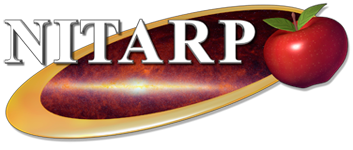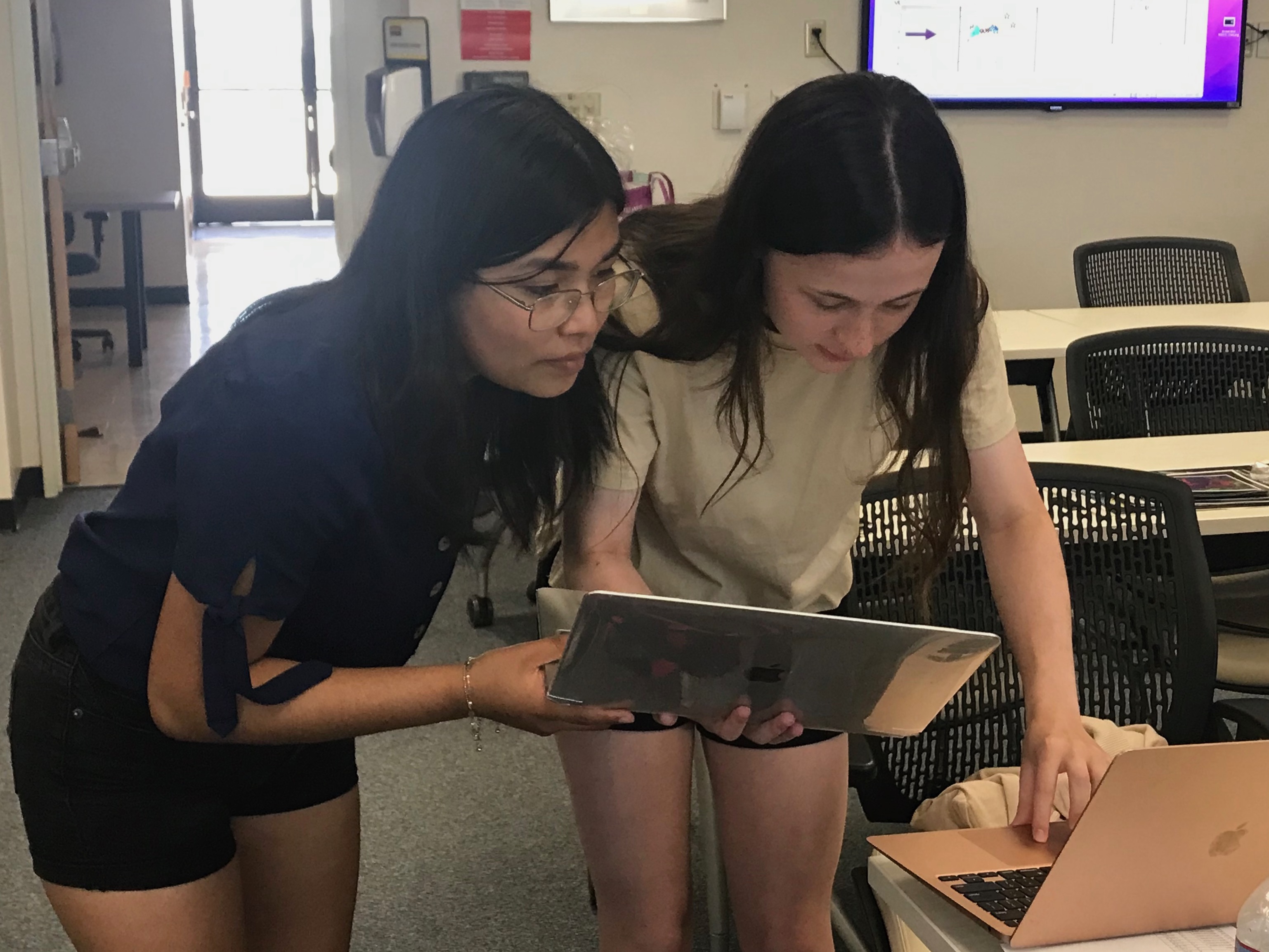The NASA/IPAC Teacher Archive Research Program: Applications Welcome!
Luisa Rebull Caltech/IPAC
 The application for NITARP for the 2024 class is now available!
The application for NITARP for the 2024 class is now available!
NITARP, the NASA/IPAC Teacher Archive Research Program, gets teachers involved in authentic astronomical research. We partner small groups of educators with a mentor professional astronomer for an original research project. The educators incorporate the experience into their classrooms and share their experiences with other teachers. The program runs from January through January. Applications for the 2024 class of educators are available now and due on Monday, 11 September 2023. The program is funded completely via NASA ADAP and is contingent on the availability of funding.

Some things that make our program different from many (if not most) other astronomy programs for educators: (1) Each team does original research using real astronomical data, not canned labs or reproductions of previously done research. (2) Each team writes up the results of their research and presents it in a science poster session at an American Astronomical Society meeting (the AAS is a professional organization for astronomers in the US and beyond). The posters are distributed throughout the meeting, amongst other researchers' work; the participants are not "given a free pass" because they are educators and students. Each team also presents the educational results of their experience in the program. (3) The program runs over 13 months, not just a few days or weeks. (4) Teachers are encouraged to involve their students from the beginning of the program.
Most of our educators are high school classroom educators, but 8th-grade, community college, and informal educators have participated as well. We are looking for educators who already know the basics of astronomy and are interested in learning exactly how astronomy research is conducted. All educators must be US-based.
This program involves three trips: to an AAS meeting in January 2024, to Pasadena, California, in summer 2024, and to the AAS meeting in January 2025. The January 2024 AAS meeting is in New Orleans, Louisiana; the January 2025 AAS meeting is in National Harbor, Maryland (just outside of Washington, DC). While most of the work on these teams is done remotely using video conferencing and other online collaboration tools, the program's structure heavily relies on three different face-to-face visits, necessarily requiring interstate travel and meet in groups. If the January 2024 AAS meeting is held online because of the pandemic, we may not be able to have a NITARP class of 2024. We will monitor the situation closely and inform applicants of progress as decision points come up.
The application itself consists of short answers to a few questions. We release the questions in May so that you have time both to hear about the program and to get started writing; the website to which you need to upload your PDF answers will be available most likely in June. Please let us know if you wish to be explicitly notified via email when the site is open for submissions.
For more information, please see our website, or if you have any questions, please feel free to contact us at our central email. The "For Applicants" web page has a generalized collection of resources for applicants, including FAQs and a pointer to the application.
Educators who already have a PhD in astronomy "place out" of NITARP as educators. We are not currently recruiting scientist mentors for NITARP. However, if you are interested in subsidizing a team, or even just learning from us how to run a program like this, we are happy to share. We change educators' lives! Please reach out via our central email.

